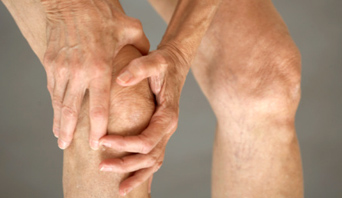Hinge benefits
Answer: A. Excess body mass puts extra pressure on the knee joint, hastening its wear and tear. Being overweight increases the chances of developing osteoarthritis, a common and disabling form of arthritis, in the knee. Joint replacement surgeon Dr Arun Mullaji says, “Even a kilo of excess weight puts 6 kg worth of stress on the joints. People who live a sedentary life need to ensure they get active and fit.”
Answer: A. Exercise is important even in severe arthritis. If you suffer knee pain, try stationary cycling, walking and swimming instead of high impact exercises. “Static strengthening exercises for quadriceps, hamstring muscles and knee range movements are recommended,” says Dr K. Sudhir Reddy, joint replacement surgeon. Minimise squatting. “When you squat,” says Reddy, “there is high load concentration on a small area, that is the knee.”
Answer: B. Although diet has no direct effect on joints, weight reduction does. Ensure you get your daily requirementof calcium and Vitamin D to help combat osteoporosis. Have protein supplements (glocosamine and chondroitin) to strengthen cartilage. “Those suffering from gouty arthritis will benefit from cutting down on food that increases uric acid levels in the blood (red meat),” says Mullaji.
Answer: B. Orthopaedists have reported an increased number of osteoarthritis patients, especially women over 40 years. Reddy lists four reasons for this: “Women tend to be more sedentary/home-bound, tend to squat/sit on the floor more often, and display a higher incidence of obesity. Also, a girl child, especially in rural India, is more likely to be malnourished than a male child.”


Comments are closed.